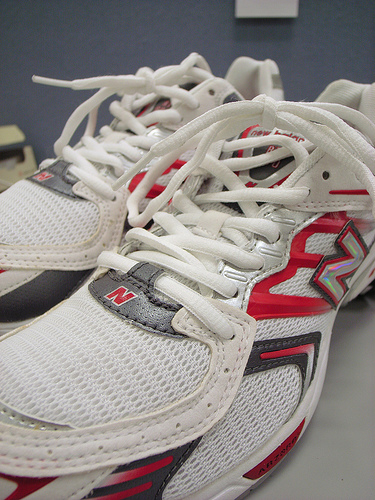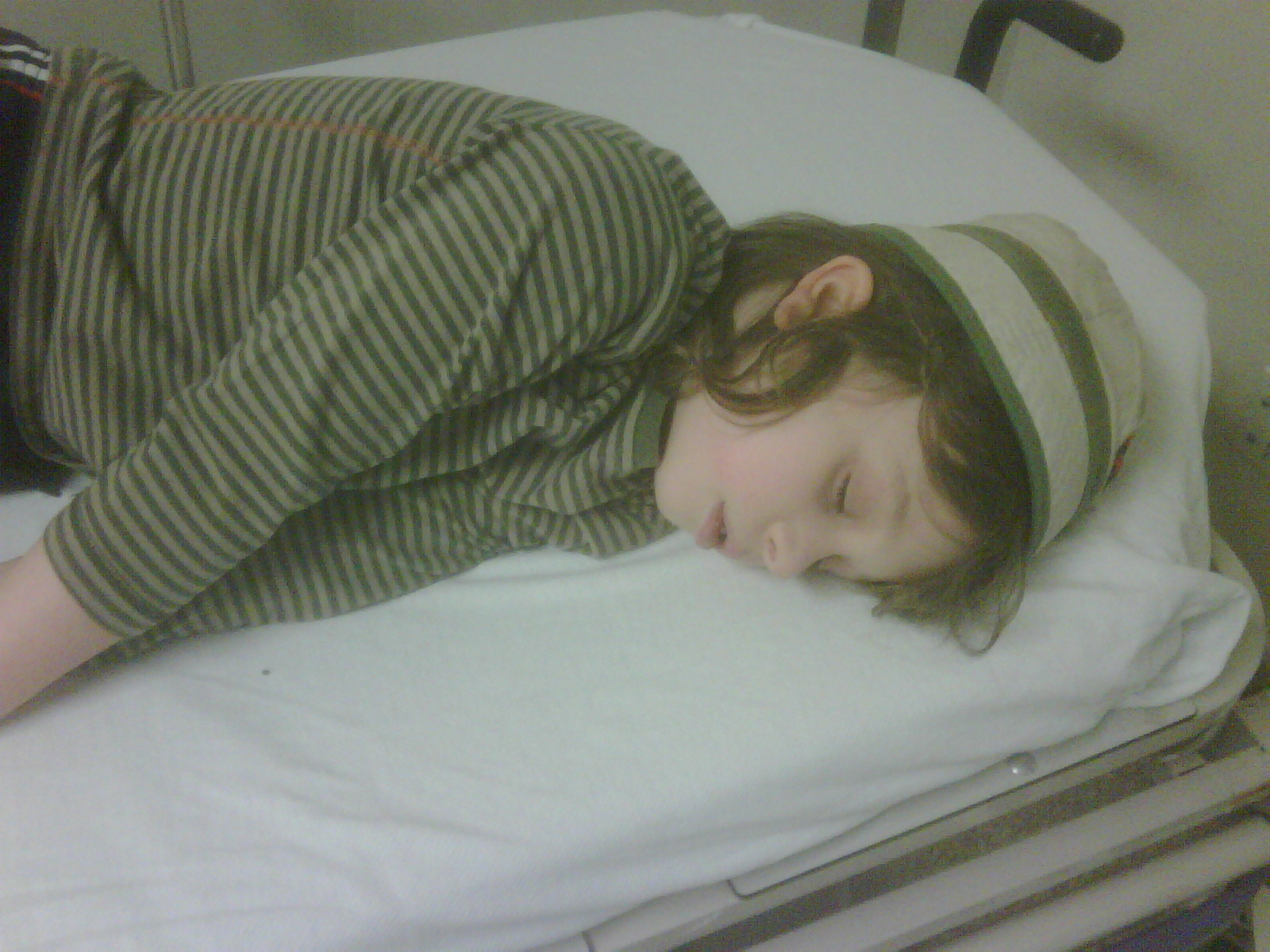I met Simona Rinfreschi through the World Moms Blog community, and it quickly became apparent that we had a lot in common. We share many character traits and have had similar life experiences, and there is a good possibility that our paths crossed over twenty years ago when we both attended the same university, majoring in the same subject. As I’ve gotten to know Simona, she has shared with me some of her medical challenges, and she has graciously agreed to write a guest post for me today.
-
I’ve come off most of my chronic meds (under medical supervision) because (since they weren’t really helping) I thought I’d save myself some money!
-
I’ve sent my medical records to yet another doctor for review, because it is possible to have Fibromyalgia and something else too!
-
I focus every day on all the things that I am grateful for
-
I do my best to listen to my body and eat what I feel I need to, rest whenever I can etc.
-
Ensure I have a good laugh at least a couple of times a day (luckily I have an amazing family & friends with a great sense of humour to help me with that!)















